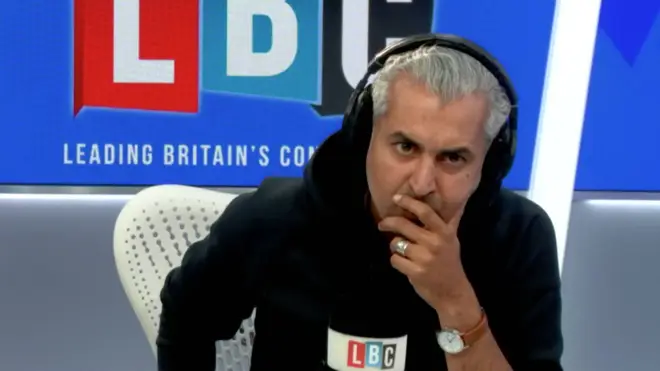
Ben Kentish 10pm - 1am
5 September 2020, 16:39

Chris Jackson: Imperial Professor highlights racism in academia
This ecologist explained that drawing hard lines across racial boundaries make us "lose sight of the fact that we often have common struggles and common goals.
Professor Chris Jackson is Professor of geology at Imperial College London and was speaking to Maajid Nawaz after experiencing racist abuse following the announcement that he would be the first black scientist invited to give one of the Royal Institution’s Christmas lectures.
Maajid asked him to explain "why you thought it was important to say 'I hope white working class people identify with me,'" in an open letter in The Times after reporting the racism he was subjected to to the Met Police.
"We lose sight of the fact that we often have common struggles and common goals," Professor Jackson began.
He noted that he has come from a working class background as well as a BAME background and so he believed he has "experienced in some way the same things" that white working class people experience.
He told Maajid he is ultimately trying to prevent people from drawing "hard lines between these demographics," which he feels weaken underprivileged people in an overall sense.

"If you frame a story like 'this is the first black lecturer ever at the Royal Institution' you can see how some people would be minded to go well 'you know, what about all these other demographics which haven't been represented there.'"
He explained that his effort is to "bring more people in to be supportive of what you represent."
Maajid brought to the argument that there is a need for greater representation for minorities outside of entertainment and sport. Professor Jackson agreed, adding that he himself wanted to be a footballer rather than a geologist as a child.
"There was far stronger representation in those areas at that time," he explained.
The geologist explained that he wants to be a positive role model for black and working class people to get into sciences, so minority people see more career possibilities in their future.
"I wanted to be clear that it is a career option for people and I want to allow people to do it if they choose to."